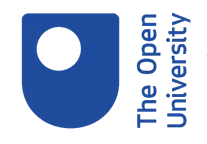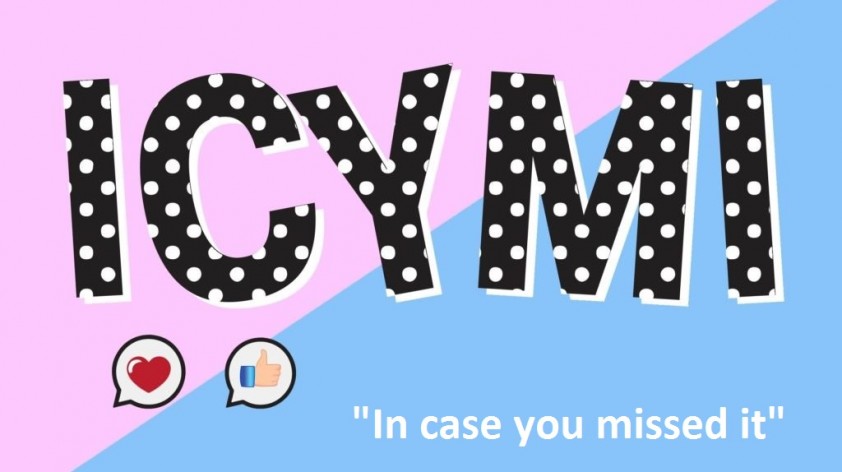Most of us dread dealing with them, but call centres are hard to avoid as an increasingly ubiquitous aspect of modern life. However hard they try, it just seems that they can never quite get the right balance between friendliness and sincerity. My recent study in the Journal of Sociolinguistics sheds light on a key feature of call centre communication: the linguistic strategies drawn on by call centre agents to build rapport with customers.
I collected and analysed data from a Scottish call centre in the financial sector, combing through company documents, sitting in on training and interviewing staff. I also got rare access to recordings of customer service calls, which are often out of bounds for researchers because of data protection acts and commercial sensitivities.
A statistical analysis found that despite agents being trained in and encouraged to use a range of different linguistic strategies to create rapport with the customer, one particular way was clearly preferred over others: using the customer’s name.
In one call, an agent used the customer’s name five times in a relatively short interaction of just a few minutes: “Hi, Chris … I’m just bringing up the details in front of me, Chris … What company is it you’re calling from, Chris? … Can I have your telephone number, Chris?”
You may be used to a Starbucks barista asking for your name, but here it has a business-related function: to distinguish customers’ drinks orders from one another. In call centres, the purpose is purely to build rapport. In both contexts, it can feel cringey.
Shortcut to politeness
Time is of the essence for a call centre worker. So the clear preference for using a customer’s name over other rapport-building strategies is that it’s a shortcut to providing a personalised service. With targets to meet – for call duration and the number of calls an agent must take in a day – agents are under pressure to perform. A one-second fall in call time per agent has been estimated to save a business £2m pounds.
At the same time, call centres are also acutely aware that they need to counterbalance the emphasis on efficiency with customer care. In today’s saturated market, companies increasingly compete on service. A typical call centre devotes 43% of the total training time to training in “soft skills”. That is, how agents should provide customer care and speak with customers.
Agents are encouraged, among other things, to engage in small talk, ask if there is anything else they can help with and to close the call with a personal greeting such as “have a nice weekend”. These are strategies known to linguists as “synthetic personalisation”. But using a customers’ name is seen as the most time-effective strategy – hence it’s the most commonly used.
Changing society – changing language
At the height of their expansion, at the turn of the millennium, 38% of all new jobs created in Britain were in call centres. Improvements in global IT infrastructure, deregulation of trade and the reduced cost of data transfer means call centres have become a hallmark of contemporary society.
The replacement of face-to-face interactions with someone whose sole job is to deal with customers over the phone has an effect on politeness conventions. A new type of rationalised – or hyper-efficient – politeness has arisen because of the conflict that exists in call centres between personalised care and speedy call processing. In a similar way, email, when that arrived, also changed politeness conventions – making written communication far less formal.
Ultimately, the research shows that the way in which we choose to organise our society – in this case centralising customer service into call centres and the neo-liberal policies they are based on, which promote competition and performance indicators – has a bearing on language. And not only that. It has a human cost as well.
Call centres are a top consumer gripe. The CEO of the British consumer association Which? said: “Unfortunately, poor customer service from call centres has become a 21st-century bugbear for too many people.” One respondent in a study by the National Consumer Council in the UK summed it up: “I think just about everyone in the world hates call centres and this automated drive.”
What this study suggests, however, is that call centre agents are not the ones to blame for any shortcomings in service. They do the best they can, responding as anyone would to the high pressure they are under. Call centre jobs are notorious worldwide for their high levels of turnover, absenteeism, employee burnout, and emotional exhaustion and agents are at constant risk of angry outbursts from customers, sexual harassment, and outright abuse.
So the next time you get annoyed with a call centre, don’t take it out on the person you’re talking to. Try to calm yourself and think about what this says about the way in which society is organised and how it might be changed for the better. And then vote for politicians who support these changes.
Given that society constantly changes, politeness conventions will too. In fact, the overuse of naming documented in this study may already be on its way out. Companies are now increasingly beginning to rely on apps and online chat for their service interaction, moving away from the voice-based interactions of call centres, as even they are beginning to be too costly. We’ll have to wait and see how conventions of politeness evolve as we switch to newer media – perhaps we’ll see emojis becoming even more commonplace.
Author of this article, published 9 February 2017, is Anna Kristina Hultgren,
Lecturer in English Language and Applied Linguistics,
The Open University, headquartered at Walton Hall in Milton Keynes, UK





